Designs, Amenities and Upgrades for the New Office
Today’s workers need reasons to return. Here’s how to bring them back.
More than two years after nationwide shutdowns led to many companies implementing long-term work-from-home policies, as masking mandates ease and major office tenants finally set permanent return to office dates, the big question many landlords are facing is—what will draw them back?
In today’s office market, it’s not enough to have garden-variety features. Every amenity, offering and upgrade should have real thought behind it and should give tenants a reason to come into the office.
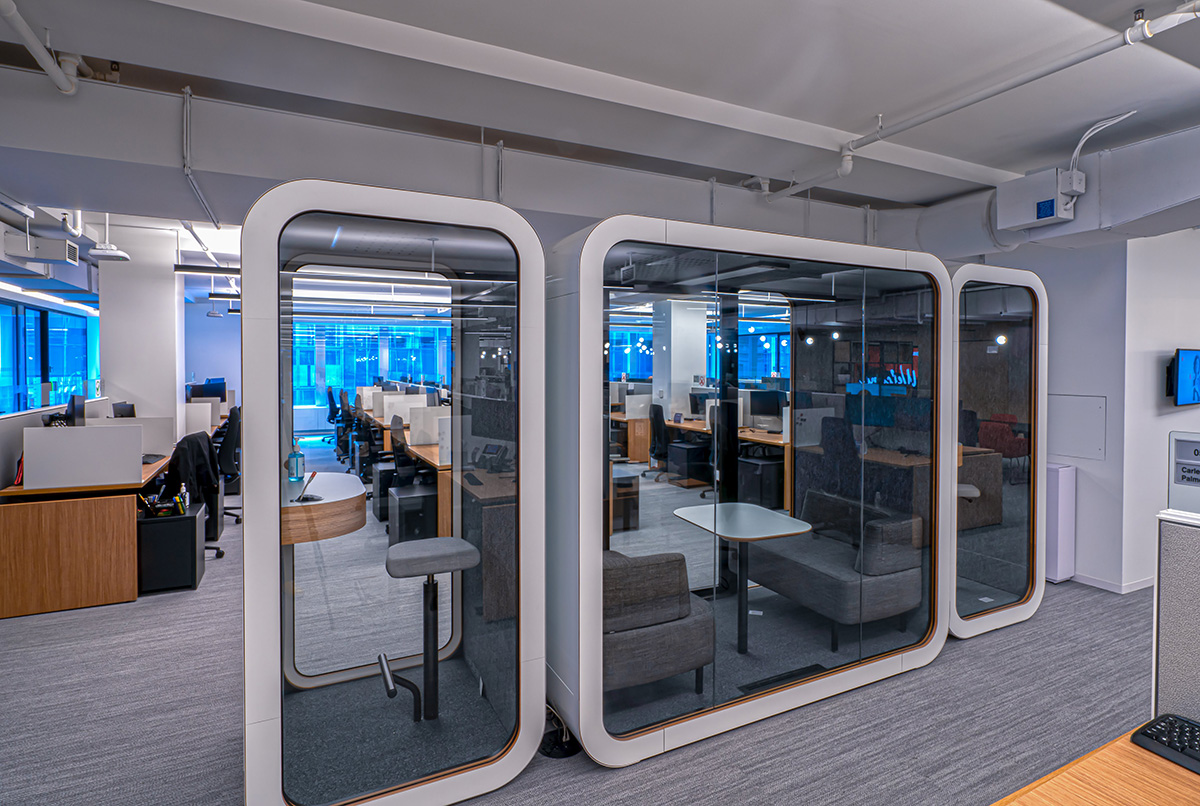
JLL recently revamped its Stamford, Conn., offices to focus more on health and wellness. The new office at 1 Station Place recently secured LEED Gold and Fitwel certification. Image courtesy of JLL.
Recent market data illustrates the challenge facing vintage office buildings in the competition with newer properties that offer more upscale amenities, especially those that focus on health and wellness. According to a recent JLL report, New York City’s office market has about 68 million square feet of vacant space, more than two-thirds of which was built before 1970.
Fortunately, a wide variety of options are available—from low-cost to big-ticket items—for owners looking to upgrade their offerings, add more value and fill empty spaces.
Assess and Adapt
First, owners should make a thorough assessment to see what they currently have, what they don’t have, and what the path forward should be, said COO of JLL Property Management Kristin Mueller.
“It’s taking a hard and critical look at a property and thinking about whether it’s offering all the services and amenities today appealing to users of the building or who could become tenants,” she said.
For those who are now accustomed to working remotely, office comforts that replicate the comforts of home can be a big draw. As a result, many office buildings are now offering amenities typically only seen in residential buildings.
“People are asking us what the residential amenities that we are providing in residential buildings and how they can be adapted to office buildings,” said Nancy Ruddy, founding principal at CetraRuddy, a New York City-based architecture firm.
One amenity that’s getting plenty of buzz is the sleeping pod, typically a small room that workers can reserve to take a power nap. So far, the feature is mostly found on the West Coast and overseas, but CetraRuddy is researching it for inclusion in an upcoming New York City project. “People are looking for things that other buildings might not have,” said Ruddy.
Circadian lighting, which Ruddy’s firm has incorporated into residential designs, is now being considered for public spaces and corridors in office buildings. The system subtly modifies lighting throughout the day to replicate the natural light changes and circadian rhythms that humans are wired for. The goal is to help office workers stay more energized.
No matter what is chosen for an upgrade, putting real thought behind it goes a long way. And when it comes to health and wellness, owners should show a sensitivity to design, and consider going above and beyond, said JLL’s Bice Wilson, senior vice president, project and development services.
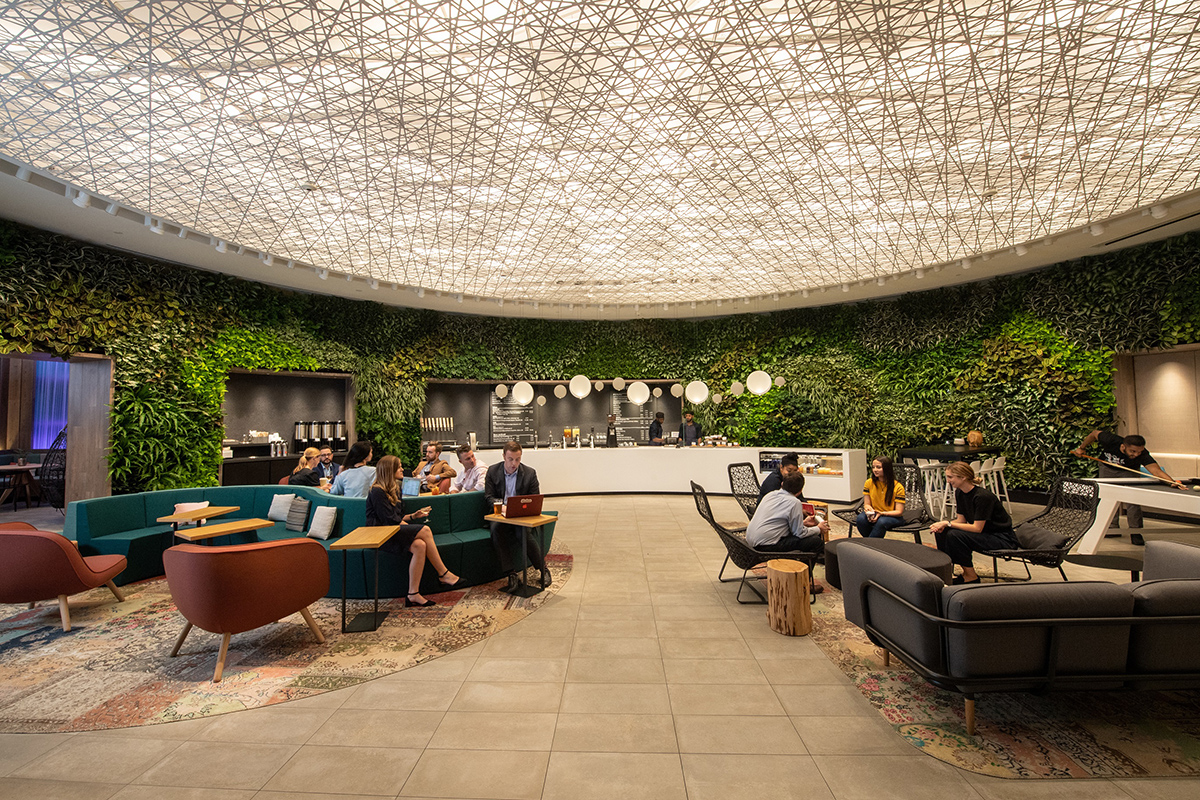
The Durst Organization’s Midtown office tower One Five One features Well&, an exclusive in-house amenity program for office tenants that includes a food hall from famed chef Charlie Palmer, pictured. Image by Jeremy Frechette courtesy of The Durst Organization.
“To do anything speaks to the aspirations of the people you want to attract back to the office,” Wilson said. The design of a recent headquarters project in downtown Stamford, Conn., needed more bike racks to earn Fitwel certification—but the landlord said that tenants weren’t using the racks that were already in place. So why put in more?
“Even if they don’t use it, it’s an aspirational thing that they could if they wanted to,” said Hrisa Gatzoulis, senior project manager, energy & sustainability at JLL. “With recycling, even if the base building doesn’t do it yet, if they ask about it, it starts making them think of things.”
Creating an an air of exclusivity is an effective way to distinguish a property, and private clubs are a hot trend in Manhattan’s hyper-competitive market. Such owners as the Durst Organization and Silverstein Properties have recently rolled out upscale offerings at their trophy properties.
At Durst’s Midtown office tower One Five One, the firm has launched its Well& concept. Tenants have access to a food hall from famed chef Charlie Palmer and sleek, modern event spaces and conference rooms. Also available is monthly programming with events like cooking demos, viewing parties and yoga.
And concierge services, typically associated with hotels and, more recently, with luxury residential buildings, are also getting new life as an upscale office amenity.
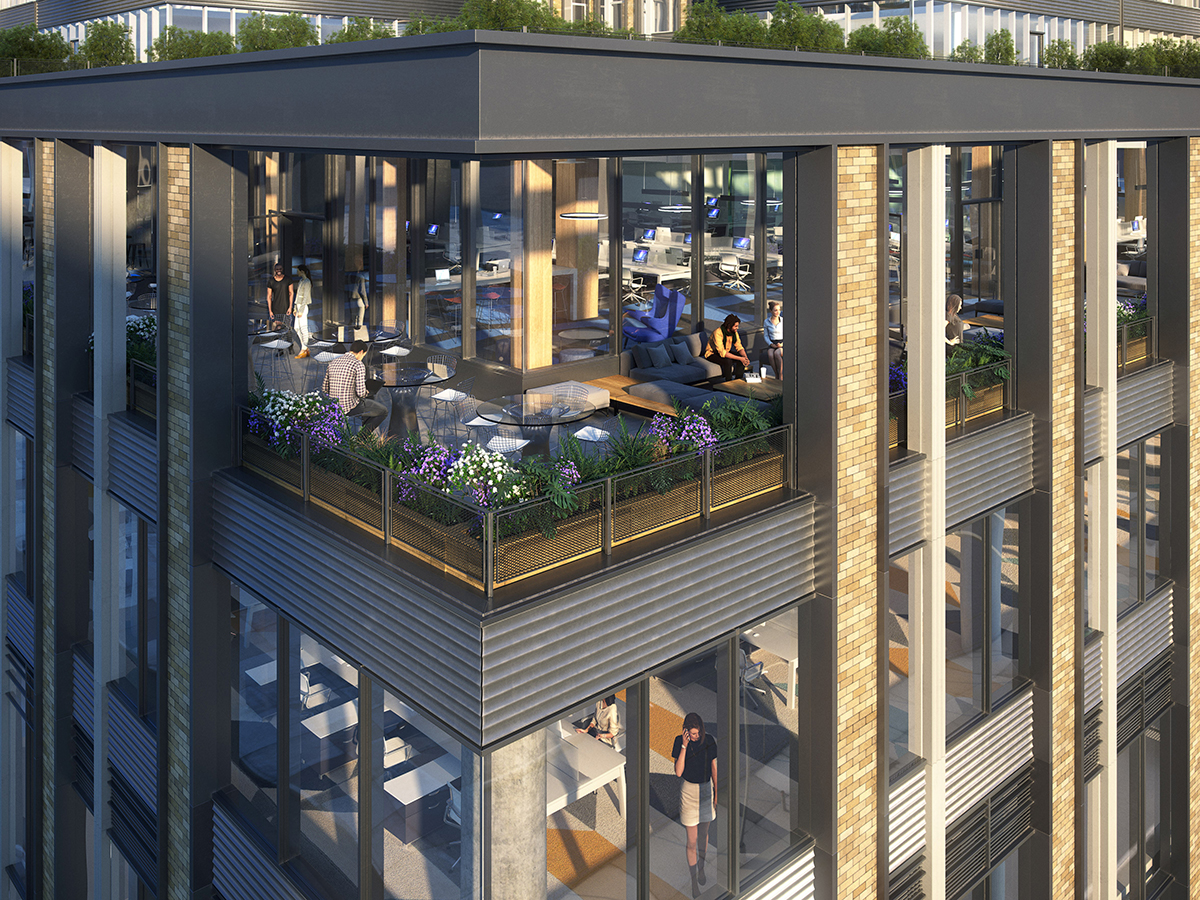
One Essex Crossing on Manhattan’s Lower East Side, designed by CetraRuddy. The mixed-use development’s office component features, among other things, a bike room complete with a repair station and a plethora of outdoor space. Image courtesy of CetraRuddy. Image courtesy of CetraRuddy.
Low-Hanging Fruit
First impressions are also good places to start planning upgrades. Repositioning the lobby is a perennial favorite for owners, but it can be more even more important to a building’s overall identity than it seems at first glance.
Ben Shapiro, vice chairman in Newmark’s New York City office, talks often about first impressions with his partners and their clients. They tick items off a list—does the building have a fragrance? If so, is it a good or bad odor? What do the elevators look like? Is the security guard standing or sitting?
“Things like that are a lot of low-hanging fruit that people miss,” Shapiro said. “People think of office space as disconnected from residential space. But when you walk into a residential building, you have an emotion. I think owners need to be more prescriptive about how people should feel about walking into an office lobby.”
Wilson cited an office property he recently toured in downtown White Plains, N.Y. The owner revamped the building’s lobby and turned it into an art gallery. While the upgrade wasn’t dramatically different from the makeover of the building’s office spaces, it was enough to make a big difference to clients.
“It shows that there’s culture, a vibe of excitement and not just a tired old marble lobby,” Wilson said.
Perhaps the most popular and, at this point, most necessary amenities and features to focus on are health- and wellness-related. Higher-quality HVAC systems, fitness offerings, and green space have all become top priorities.
“We’re introducing gardens all over the place,” Mueller said. Any potential for outdoor space can be a big draw for tenants. But rooftops can have other uses too—like housing a bee colony. After a recent visit to a JLL-managed building in Chicago, Mueller walked away with a jar of fresh honey. “It’s a fun feature and it’s also good for the environment,” she said.
For buildings on a budget, a little can go a long way. “We spend something like 90 percent of our time indoors—even a small little thing like adding plants can improve our quality of life,” said Gatzoulis.
And owners looking to provide outdoor space can outfit even the smallest square footage with a bench or a table where workers can take a break and get some fresh air.
“When we can find the right balance between inconvenience and convenience, and collaboration without compromising health and safety, that’s when people will be willing to return to the office,” Mueller said.

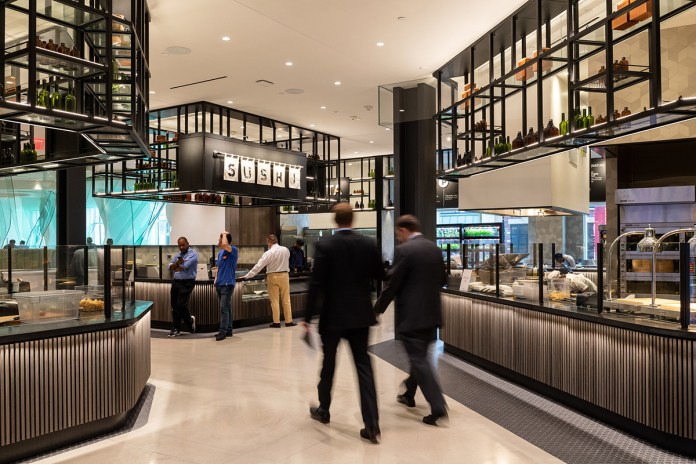
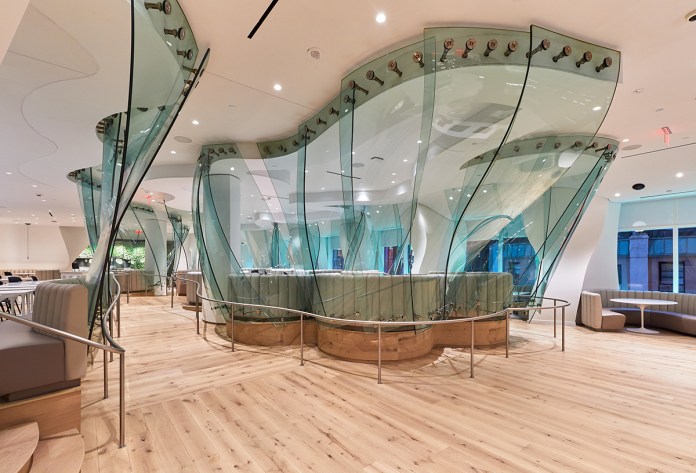
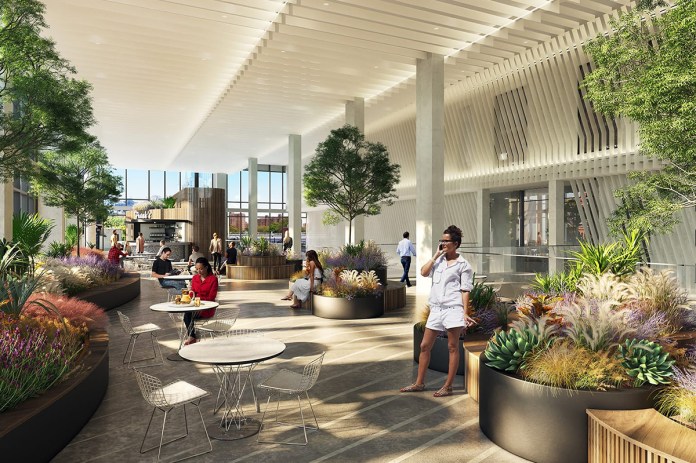
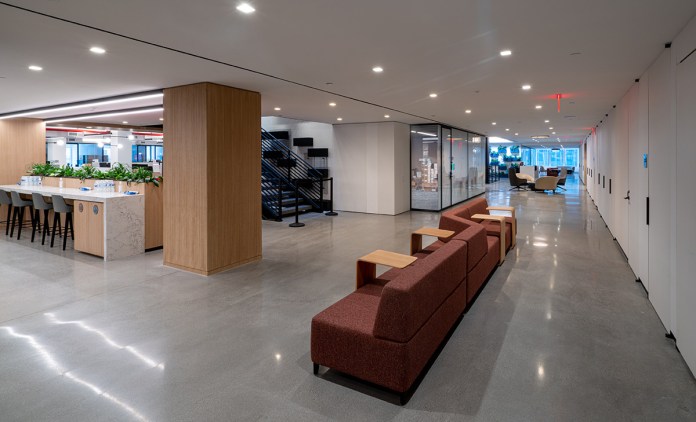
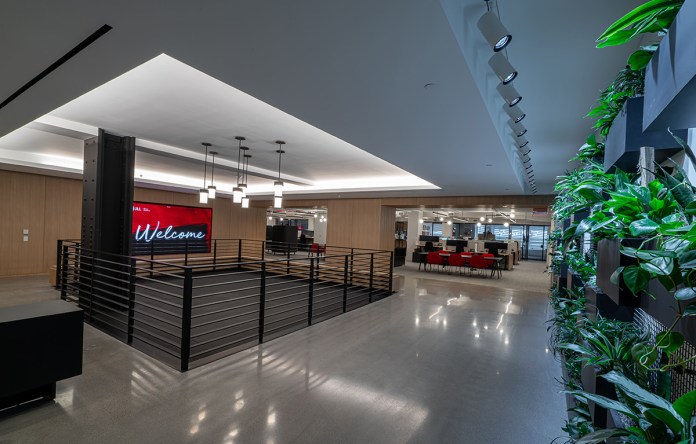







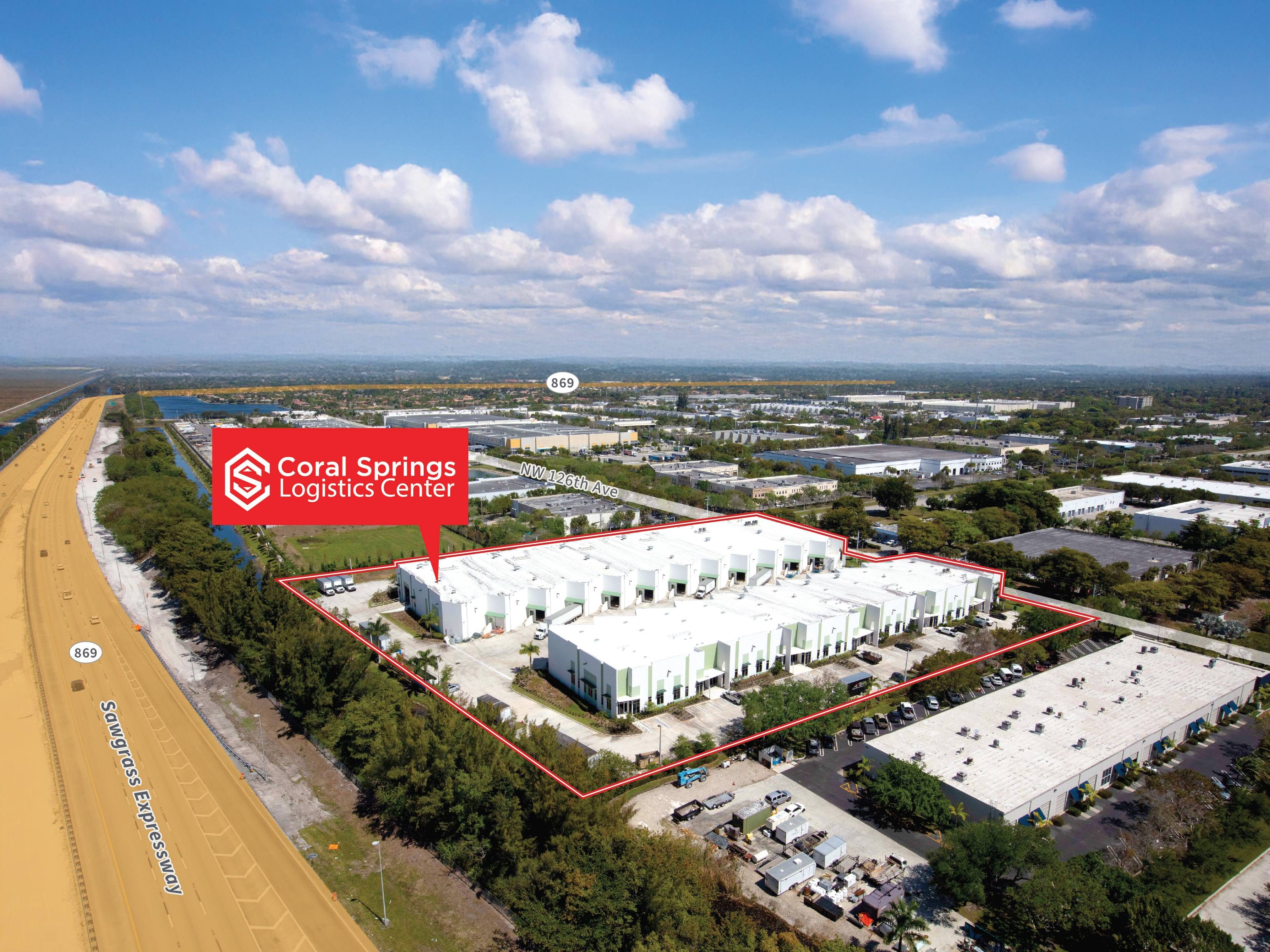
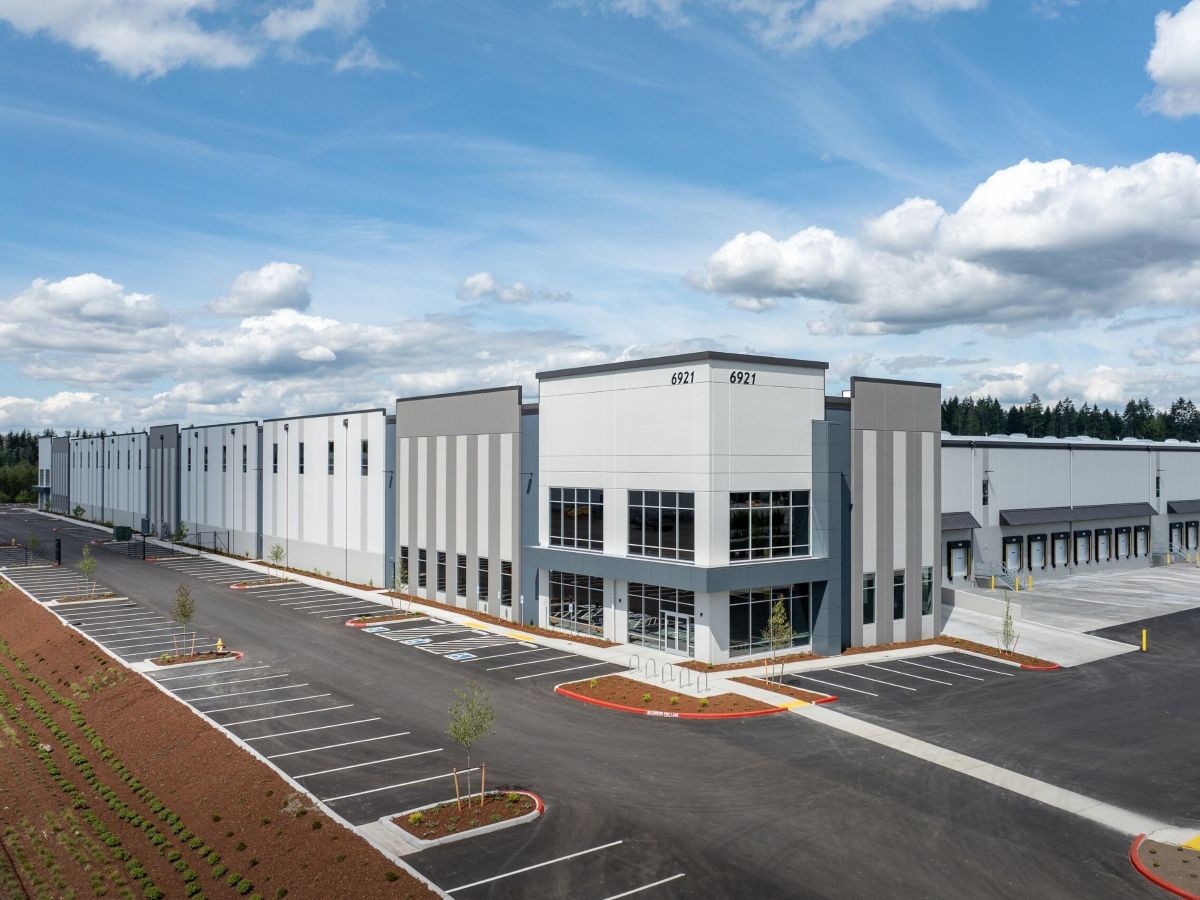
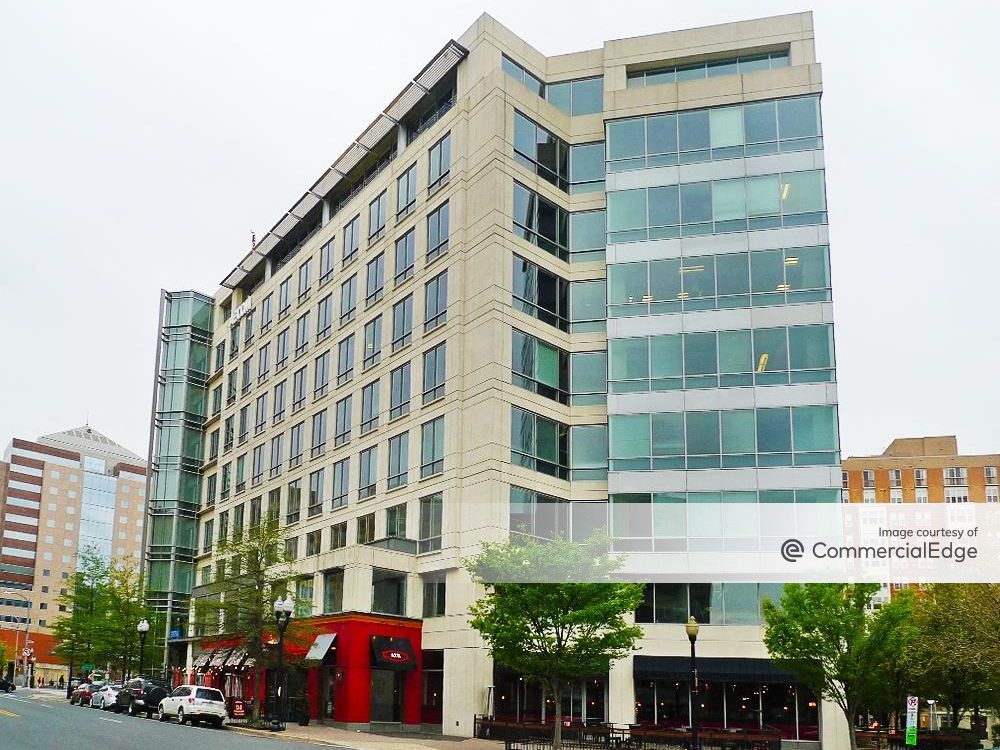

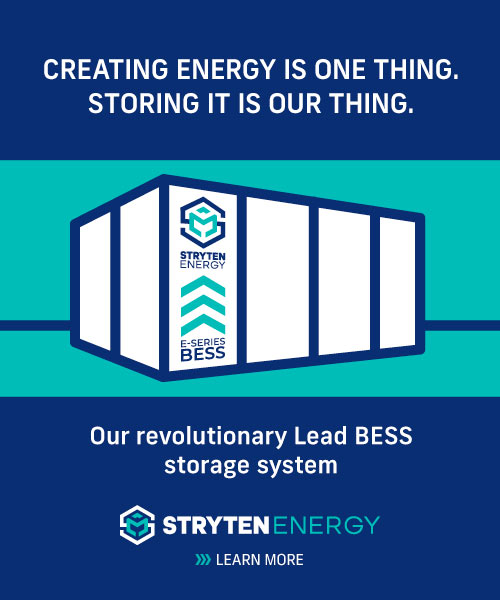
You must be logged in to post a comment.